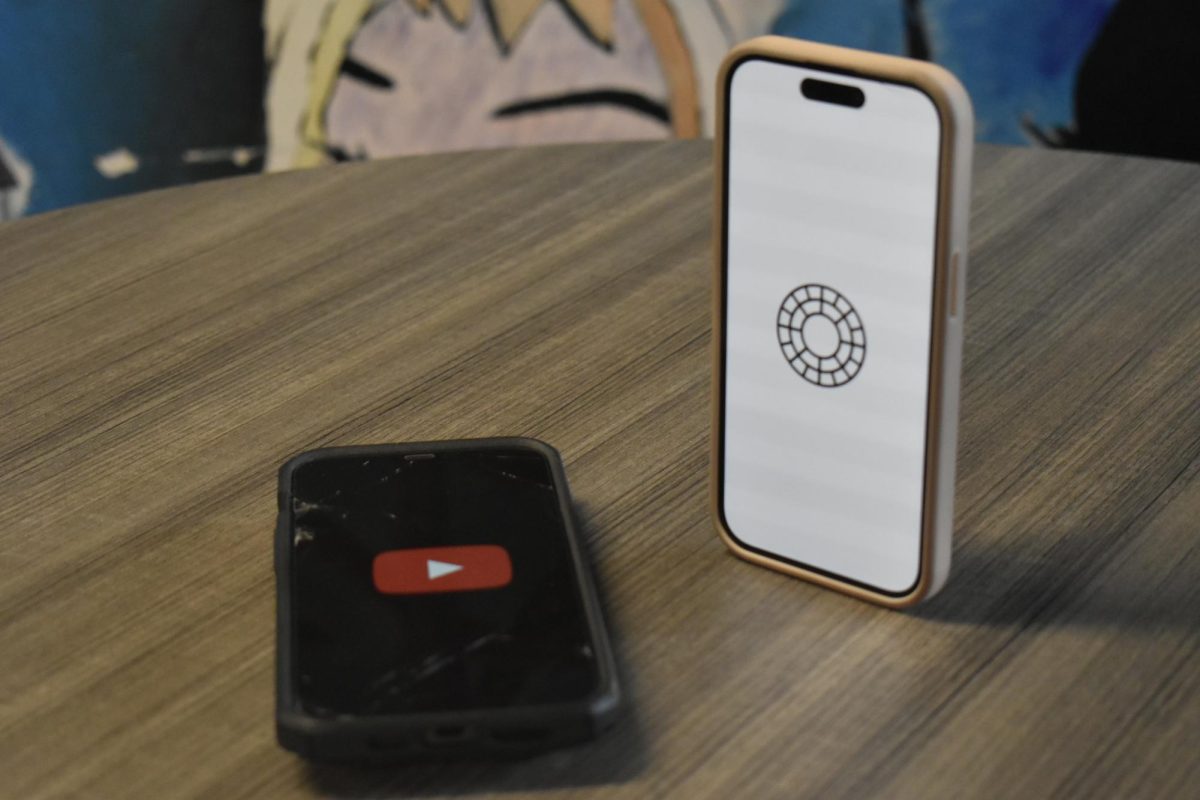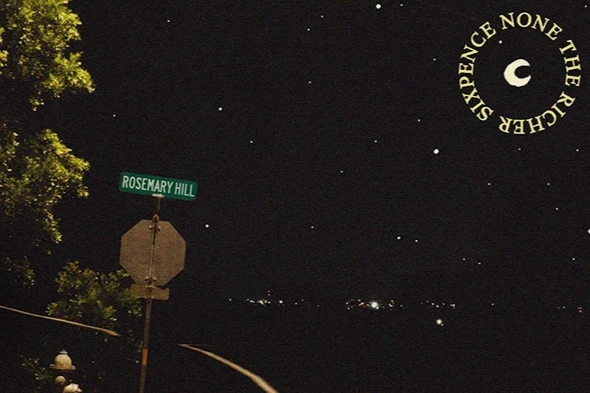From their formation and first performance at a high school assembly, under the alias the Canals, to their release of a fourth full-length album on Feb. 3, founding members Jack Steadman, Jamie MacColl and Suren de Saram, accompanied by Ed Nash, have created a band that has escaped marginalization into a specific genre or category — the Bombay Bicycle Club. With the release of the LP So Long, See You Tomorrow, the london-based indie “rock” group has turned a new page in their music style.
Establishing themselves first with their progressive drum beats and edgy electric guitars as distinctly post-pop-punk, the band released their first LP, I Had the Blues but I Shook Them Loose, in April 2009, which harbored their hit “Always Like This.” Flaws was their 2010 LP release traded in the band’s electric guitars for elaborate acoustic chord progressions and fingering styles and was contained the second-most successful single, “Ivory & Gold.” Released August 2011, A Different Kind of Fix gained the band a wider global presence, at the cost of losing the subtlety of their predominantly acoustic predecessing album. Topping charts in the UK, Ireland, Germany, Austria and Belgium, the band had created a vanilla-tapioca blend fanbase of pseudo-punk, not-so-acoustic acoustic, and in essence lost all chance to become a streamline rock band.
Now, for a band to experience international success, then reinvent themselves yet again is a daring move that ultimately could have cost them a large majority of their fanbase. However, the new sound of the Bombay Bicycle Club, while stepping again into an entirely new genre of indie rock/pop, seemed to be them stepping into a genre that was something no previous album had been: their own. Beatific, euphoric and bright exemplify the new electronic pop sound of So Long, See You Tomorrow — which, presumably, is not a statement addressing their fans, rather, their attempt at a rock-esque sound.
Taking a sound that is the epitome of modern indie pop, both the album opener “Overdone” and pre-album single “Carry Me” relay a borderline aggression in the distinct electronic instrumentation coupled with overwhelmingly light-and-airy human vocalization. While the juxtaposition may be seen as cliché, Steadman’s vocals and the mixer’s electronic mastering are well-executed, taking a generic sound and painting over it with their own distinct stylistic choices. “Home by Now” takes a backseat to the the ingenuitive and upbeat aforementioned songs, while still maintaining the clever use of a percussive synth.
Both “It’s Alright Now” and “Luna” begin with an almost tribal feeling, but diverge with the first’s ever changing dynamics and the second’s transformation into a progressive dance-worthy track. “Feel” also begins with a seemingly African wind instrument but combines synths and electronic percussion that blends to different-world sounds to make a unique design.
The album’s biggest flaws all pertain to the fact that they seem to put their best foot forward. My urge to skip through the songs and listen to something else became increasingly more challenging to contend as the album progressed. What’s worse is listening to the beginning with the track “Overdone,” which is semi-overwhelming, then immediately skipping to the final song, the album’s namesake, which could have been named underdone. In a word, it’s sloppy. It gives listeners the impression that the band doesn’t have a distinct grasp on their own sound (or to a further extent, identity as a band). Although eventually, like the rest of songs, “So Long, See You Tomorrow” does pick up eventually, it shows the bands tendency to frontload their albums, which is characteristic of most indie pop bands.
Overall, the group has found a sound, after searching since 2009, that deserves to be featured on more than one of their albums. It’s a sound that, despite being a tad overdone (get it?), has potential to captivate audiences and unite the fanbase by blending sound aspects from each of their previously-tried genres. It’s a sound that, like their previous album, deserves an international staple, especially on the American Music Charts. So Long, See You Tomorrow, despite a bit of repetitiveness, truly represents the band’s capabilities, and is the most professional LP the Bombay Bicycle Club has created to-date.



![There are more than 20 open cardio machines at Crunch Fitness. I enjoyed the spacious environment at Crunch, a sentiment that was shared by sophomore Sanjana Daggubati. “[Going to] Crunch Fitness was the right decision because [it] feels more professional. Crunch’s workers are laid back, but not to the point where they don't care,” Daggubati said.](https://pwestpathfinder.com/wp-content/uploads/2025/09/IMG_5242-1-1200x900.jpg)

![Various empty Kit Kat wrappers crowd the desk, surrounded by scoring sheets. While production of Kit Kat flavors in the U.S. is limited, Nestlé, the owner of Kit Kat, manufactures hundreds of unique flavors in Japan, including the flavors ocean salt and passion fruit. “I thought there [were] some interesting flavors, and a lot of them were really unexpected,” senior Elle Levesque said.](https://pwestpathfinder.com/wp-content/uploads/2025/09/image-2.png)


![Pantone’s selection of the 2025 Color of the Year is revealed: Mocha Mousse. Ceramics teacher Ashley Drissell enjoys this year’s selection. “Maybe it’s the name but [Mocha Mousse] reminds me of chocolate and coffee. It makes me hungry. It’s very rich and decadent,” Drissell said.](https://pwestpathfinder.com/wp-content/uploads/2025/02/DSC_0015-1200x800.jpg)



